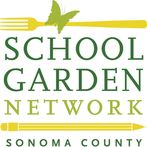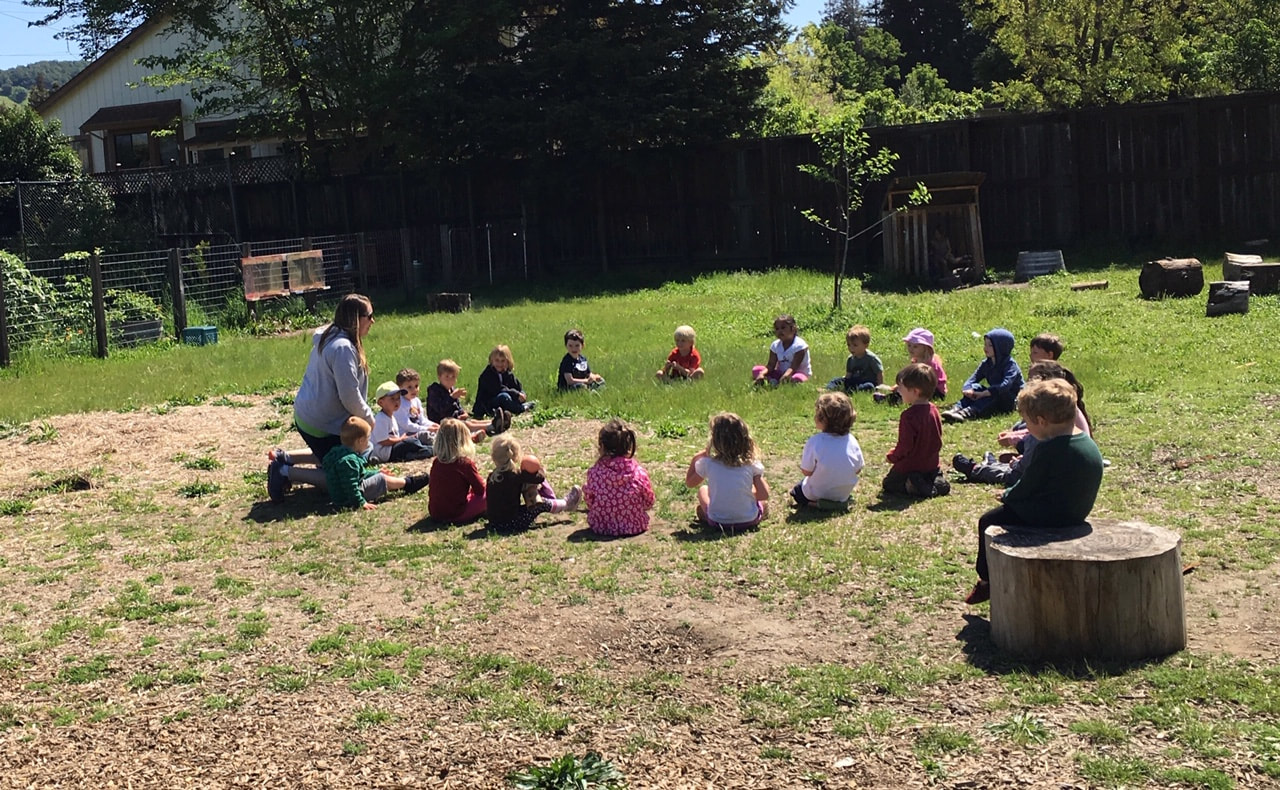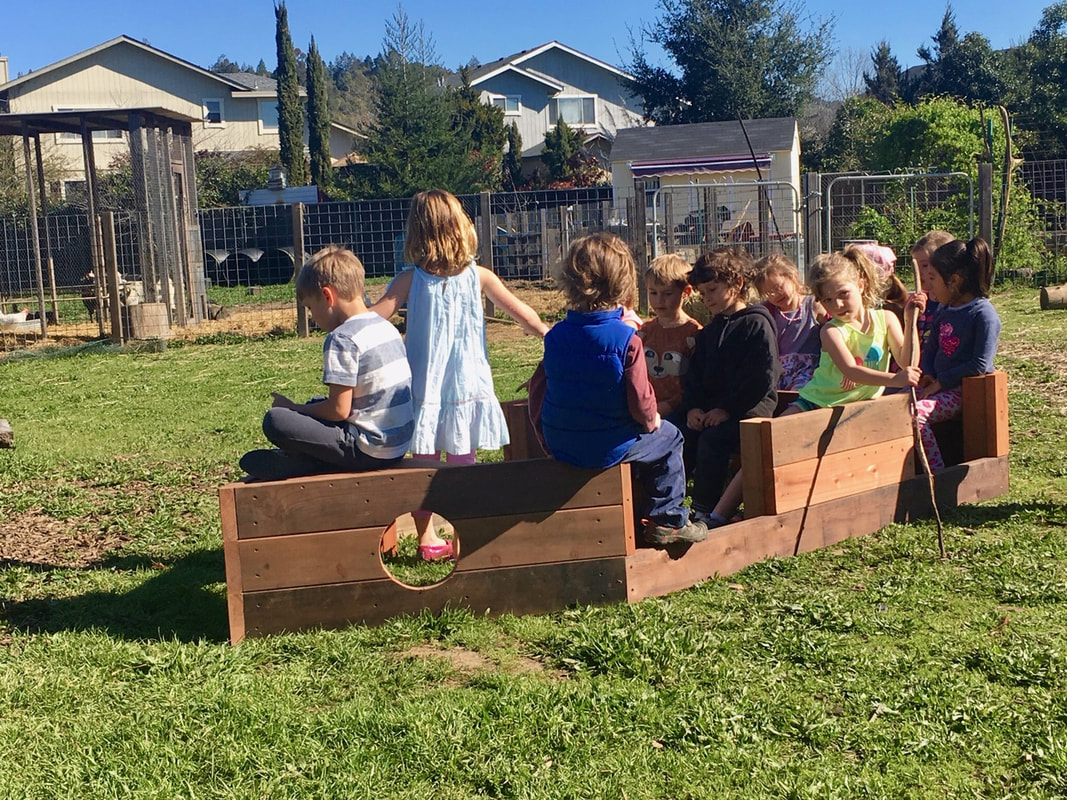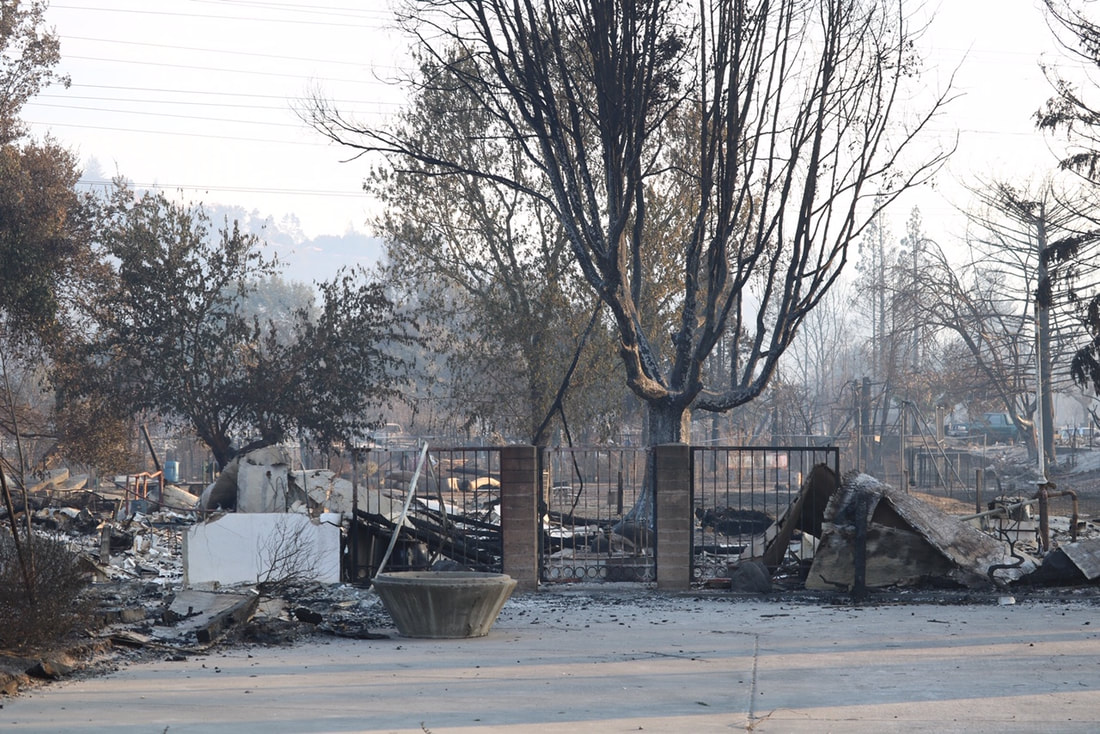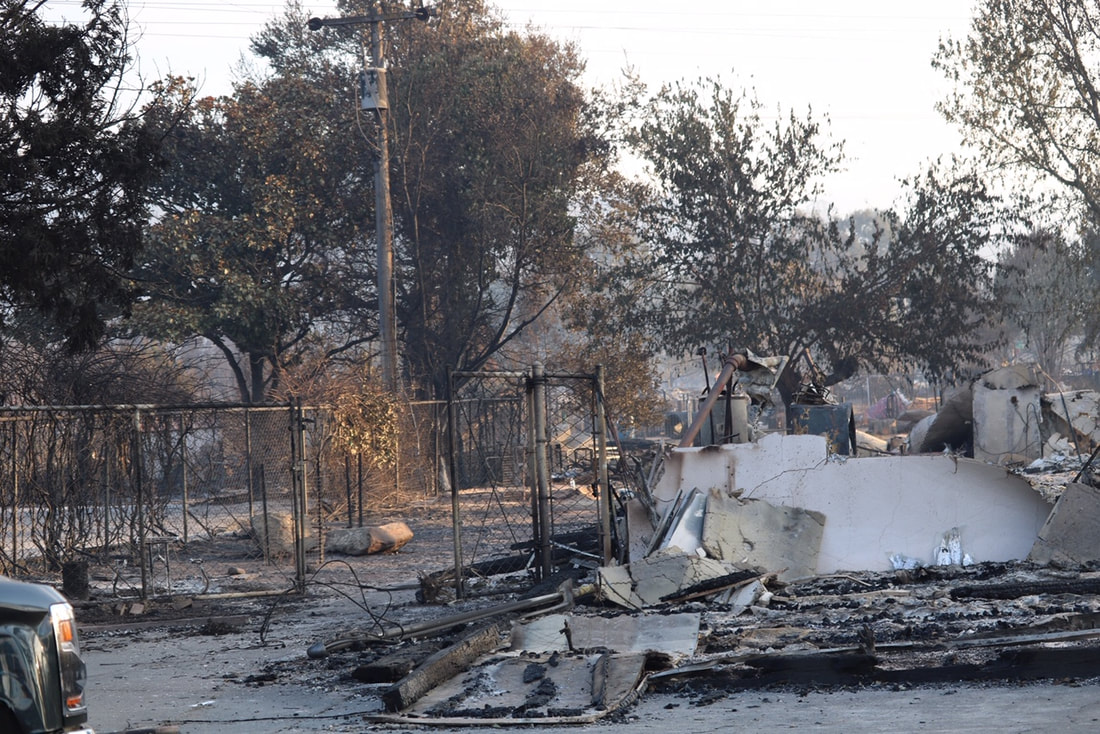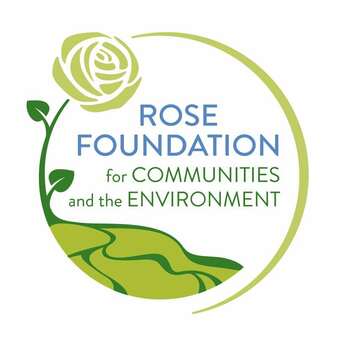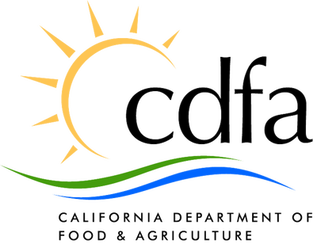Just & RESILIENT FUTURES FUND UPDATE
Resilient School Gardens Project &
Garden Educator Wildfire Resources
The School Garden Network recently received a grant from the Just and Resilient Futures Fund & The Rose Foundation to support the schools in our county who lost their gardens in the 2017 wildfires. We are pleased to announce we have visited both Mark West community Preschool, along with Dunbar Elementary and are lined up to visit one or two others. These schools had remarkable garden programs prior to the fires and our hope is that, with the help of this grant, they will be able to build a thriving garden program in their schools once again.
To highlight the first school we visited, Mark West Community Preschool had a thriving garden program prior to the fires that swept through the county in October 2017. Their garden was deeply embedded within the program, well supported by both the parent and teacher body and highly productive, though in their own words, “little made it to the cafeteria because the kids were free to nibble on veggies from the garden whenever they pleased.”
Owners Renee and Jenni have worked tirelessly to garner support from local organizations to help in the rebuilding of their garden and we are grateful to be one of the organizations able to contribute to their garden recovery fund.
Resilient landscape design guide
Daily Acts, a local non-profit organization that helps inspire action on projects that cultivate community resiliency, is currently piloting a project to rebuild the landscapes of households affected by the 2017 wildfires. They will be using landscape design models shared by Sonoma-Marin Saving Water Partnership, which we thought may be a useful guide for schools to consider as they take steps to rebuild their gardens. Find the guide here:
www.savingwaterpartnership.org/concept-plans-and-design-templates/
www.savingwaterpartnership.org/concept-plans-and-design-templates/
FIRE FRIENDLY PLANT guide
When rebuilding your school garden, consider populating your landscape with plants that have fire resistant qualities. Check out this resource put together by FireSafe Marin for more information:
www.firesafemarin.org/plants
www.firesafemarin.org/plants
2018 Fire Funds Grant Application
We allocated $20,000 dollars to 7 local schools deeply impacted by the 2017 wildfires and 2019 flooding. The recipients were:
1. Reibli Elementary School
2. Pathways Charter
3. Boys and Girls Club of Windsor
4. Mark West Community Preschool
5. Dunbar Elementary School
6. Guerneville Elementary School
7. Steele Lane Elementary School
1. Reibli Elementary School
2. Pathways Charter
3. Boys and Girls Club of Windsor
4. Mark West Community Preschool
5. Dunbar Elementary School
6. Guerneville Elementary School
7. Steele Lane Elementary School
garden educator resource guide
Created 2017 By: Annie Silverman
In light of the urban wildfires, I heard many people echo my own questions about whether produce was safe to eat, how to know if soil was contaminated, and how to remediate garden spaces. As a garden educator, I felt a huge sense of responsibility to make informed decisions for myself and the children and families I work with; however, I soon realized that finding answers was not a simple process. In this document, I start by providing an overview of what might be contaminating plants and soils. After that, I try and address questions that I myself have as well as questions I have heard others pose. I want to acknowledge Vanessa Raditz and everyone who has contributed to the group, Produce Safety after Urban Wildfire. Their work has helped me and others sift through all the uncertainty that has settled in the fires’ wake. They just received a grant to fund analysis of samples of leafy greens collected right after the fires to better understand the effect of urban wildfires on crops.
In light of the urban wildfires, I heard many people echo my own questions about whether produce was safe to eat, how to know if soil was contaminated, and how to remediate garden spaces. As a garden educator, I felt a huge sense of responsibility to make informed decisions for myself and the children and families I work with; however, I soon realized that finding answers was not a simple process. In this document, I start by providing an overview of what might be contaminating plants and soils. After that, I try and address questions that I myself have as well as questions I have heard others pose. I want to acknowledge Vanessa Raditz and everyone who has contributed to the group, Produce Safety after Urban Wildfire. Their work has helped me and others sift through all the uncertainty that has settled in the fires’ wake. They just received a grant to fund analysis of samples of leafy greens collected right after the fires to better understand the effect of urban wildfires on crops.
- Please contact Lynn at [email protected] with suggestions, questions, or anecdotes
- Join SGN's Facebook group to continue conversation with other garden educators
- Check out the Google Group, 'Produce Safety after Urban Wildfire'
Click on the file to download the entire guide.
| 2018_guide_for_garden_educators_after_urban_wildfires.pdf | |
| File Size: | 220 kb |
| File Type: | |
THANK YOU ROSE FOUNDATION + CDFA FOR HELPING TO BUILD RESILIENT SCHOOL GARDENS!
